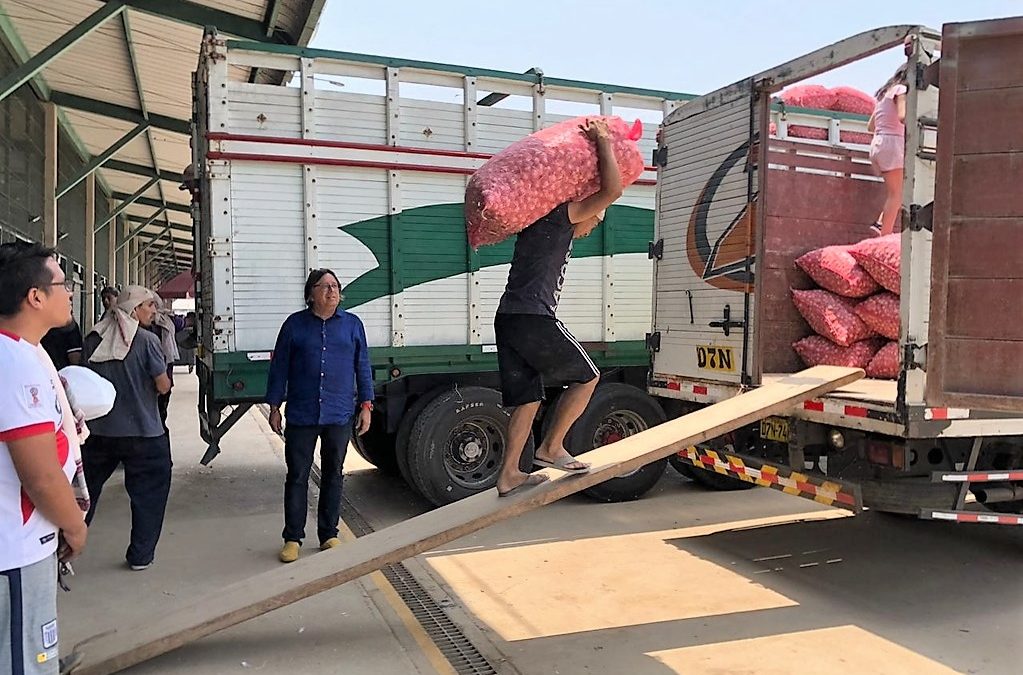Social protection with micro insurance: Development of a pilot programme for inland stevedores in Peru
In recent times, the necessary extension of social security coverage in Peru has focused on the protection of inland stevedores. Although this group has its own social security legislation, its application has not been viable to date. At the same time, and even if its application were viable, the regulation does not encompass protection of inland stevedores with respect to occupational health and safety. Faced with this situation, the General Directorate of Social Security of Peru has seen an opportunity to facilitate social protection for this group of workers using micro-insurance to cover occupational health and safety, implementing this as an initial step towards formalising a collective that exceeds 7,000 workers in Lima alone.
To address this issue, the Ministry of Labour and Promotion of Employment of Peru (MTPE) has requested technical assistance from SOCIEUX+ to put together a Pilot Programme for the inland stevedores of the Central Market of Lima’s La Victoria District. The ultimate aim is to achieve their financial and social inclusion as a first step towards complete formalisation of this group within the framework of national Peruvian and international regulations.
The project encompasses three products or brokers that create an umbrella of protection as a first step towards formalization, and ultimately, social inclusion. These products consist of:
- Micro occupational health and safety insurance, whereby stevedores receive a lump sum, updating the risk that prevents them from working, as well as the healthcare they need for their recovery.
- A pension planning and financial skills training programme that aims to guide inland stevedores toward banking and formalization.
- Improving occupational health and hygiene conditions at the La Victoria Central Market.
SOCIEUX+ assigned a public expert from the Spanish Ministry of Employment and Social Security, as well as a Franco-Chilean consultant to tackle this mission, with an intervention dynamic based on research, action and participation (PAR Method), which materialised in meetings, workshops and visits to Lima’s wholesale markets, in addition to the pertinent documentation and regulatory analysis. All this involved public administrations, the private sector, civil associations and port stevedore trade unions.
Meetings with different international organisations like the ILO and the IDB also helped to shape the purpose of the mission, making it more than micro-insurance and a first step towards the formalisation and social inclusion of the collective.
(SOCIEUX+ 2019-01 Peru)








